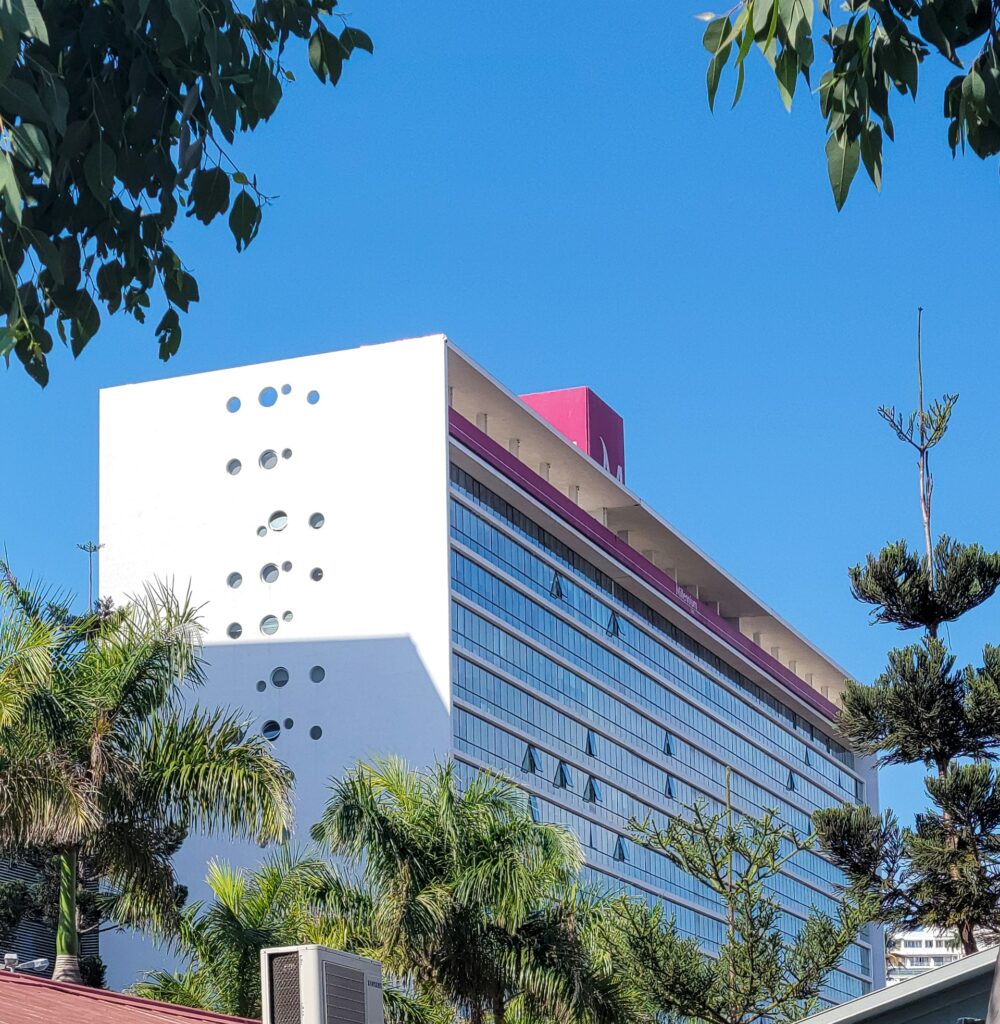The Unspoken Magic of Nigerian Hospitality
From Suya at Check-In to Yoruba Welcome Songs: Hospitality in Nigeria is not just an industry — it’s a lifestyle. Whether you’re stepping into a luxury hotel in Lagos, a cozy guesthouse in Calabar, or a serviced apartment in Abuja, there’s something unmistakably warm and deeply cultural about the way Nigerians welcome guests. It’s in…
The Unspoken Magic of Nigerian Hospitality Read Post »



